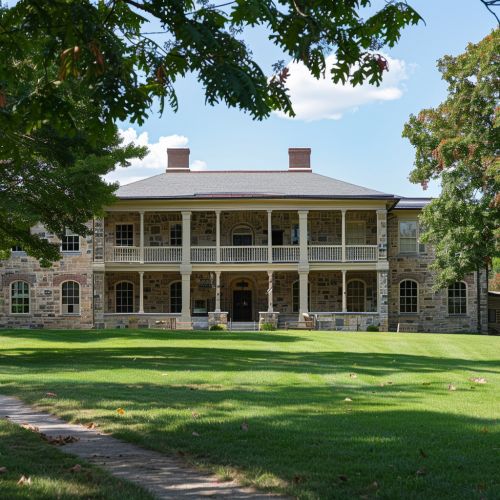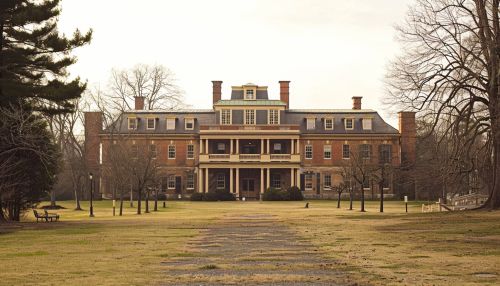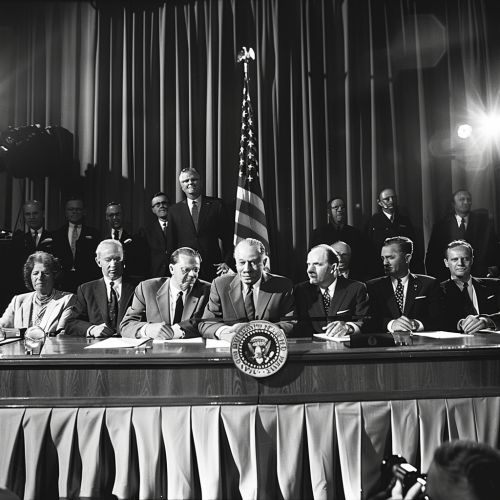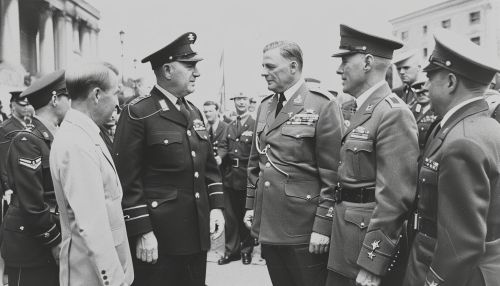George Marshall
Early Life and Education
George Catlett Marshall Jr. was born on December 31, 1880, in Uniontown, Pennsylvania. He was the youngest of three siblings in a family of Pennsylvania gentry. His father, George Catlett Marshall Sr., was a successful businessman and his mother, Laura Emily Marshall, was a dedicated homemaker.
Marshall attended the Virginia Military Institute (VMI) in Lexington, Virginia. He graduated in 1901, standing first in his class. His academic excellence at VMI earned him a commission as a second lieutenant in the U.S. Army.


Military Career
Marshall's military career spanned over 40 years, during which he served in various capacities in the U.S. Army. He was known for his strategic acumen, leadership skills, and commitment to duty.
World War I
During World War I, Marshall served as a staff officer in the American Expeditionary Forces (AEF) under General John J. Pershing. He played a crucial role in planning and coordinating the Meuse-Argonne Offensive, one of the largest and deadliest campaigns in American military history.
Interwar Years
In the interwar years, Marshall served in various positions within the U.S. Army, including Assistant Commandant of the U.S. Army War College and Chief of Staff of the Seventh Corps Area. He also served as an instructor at the Infantry School at Fort Benning, where he implemented significant reforms in infantry training.
World War II
Marshall was appointed as the Chief of Staff of the United States Army by President Franklin D. Roosevelt in 1939, just before the outbreak of World War II. He played a pivotal role in the rapid expansion and modernization of the U.S. Army and in planning and executing the Allied strategy during the war.
Post-War Career
After World War II, Marshall served as the U.S. Secretary of State from 1947 to 1949. He is best known for the Marshall Plan, an economic recovery program for war-torn Europe, which earned him the Nobel Peace Prize in 1953.
Marshall also served as the U.S. Secretary of Defense from 1950 to 1951, during the early stages of the Korean War. He retired from public service in 1951.
Legacy
Marshall is widely regarded as one of the greatest military leaders in American history. His strategic vision, leadership skills, and commitment to duty have left a lasting impact on the U.S. military and on international relations. The George C. Marshall Foundation, established in his honor, continues to promote his values and ideals.


